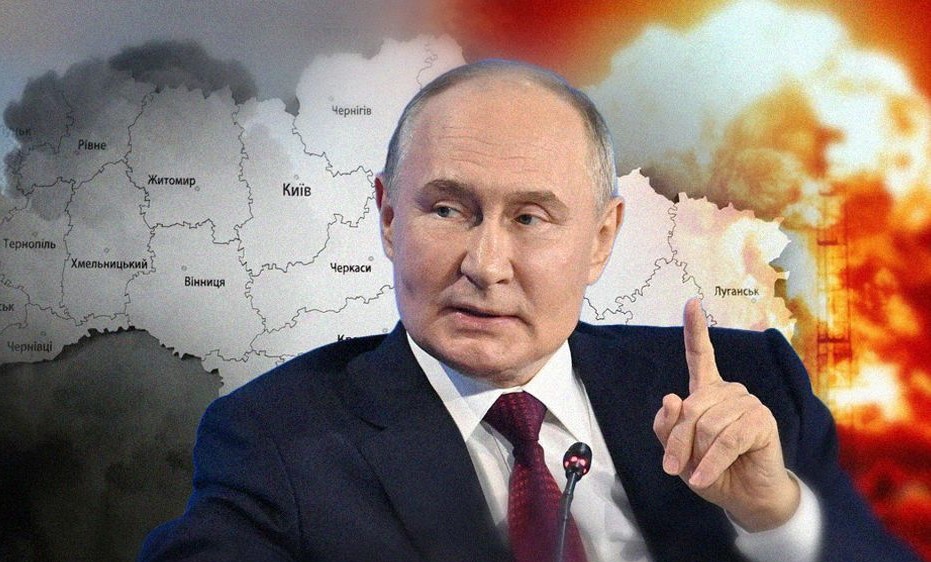
The threats have been coming from Russia for quite a long time: historian assesses the likelihood of Putin’s updated nuclear doctrine being used in practice
Russia has long threatened to use nuclear weapons. In reality, there is a big difference between threats and actual use. And Kremlin dictator Vladimir Putin’s update of Russia’s nuclear doctrine is unlikely to make Moscow launch a nuclear strike in response to Ukraine’s use of long-range ballistic missiles on Russian territory.
This opinion was expressed by Yaroslav Chornohor, PhD in History and Director of the Russian and Belarusian Studies Program at the Ukrainian Prism think tank, in an interview with OBOZ.UA.
The updated Russian doctrine states that Moscow may use nuclear weapons in the event of a “critical threat” to the sovereignty and territorial integrity of Russia or Belarus. The grounds for a nuclear strike by Russia could be “aggression against the Russian Federation and its allies by any non-nuclear state with the support of a nuclear state,” as well as a massive air attack with non-nuclear means.
These changes were announced by the Kremlin a month ago, although Putin signed the document only after the West allowed Ukraine to launch long-range strikes on Russian territory.
“They announced these changes a month ago. As we can see, none of our shelling so far has led to the use of nuclar weapons. Will they use this doctrinal document as a basis? I don’t think so, I don’t believe so,” Chornohor believes.
The analyst noted that Russia has long threatened to use nuclear weapons, but “there is a big difference between threats and use.”
If Moscow does decide to use nuclear weapons, there are many scenarios, the expert noted.
“Even if it does use it, how? With what kind of weapons – tactical or strategic? Will it detonate this nuclear warhead somewhere on its territory and thus demonstrate its readiness to use it? Will it use nuclear weapons against Ukraine or somewhere else in the world? It can use some proxy forces, terrorists in the Middle East or Africa to do this,” Chornohor noted.
According to him, the development of events will depend on how Russia uses nuclear weapons. However, NATO’s retaliatory strike can only be possible if Russia launches a nuclear strike on the territory of one of its members.
“If it is a strike against Ukraine, then NATO countries, our Western allies, will most likely step up their assistance. Although, according to all international norms, they would have to strike back. But I think that such a retaliatory strike is possible only if Russia launches a nuclear strike on the territory of a NATO country. And even then I am not so sure,” the analyst believes.
As reported, Russian dictator Vladimir Putin approved the new nuclear doctrine of the Russian Federation on a “landmark” day. He signed the decree on the 1000th day of the full-scale war against Ukraine. Moscow does not hide the fact that it changed its nuclear doctrine in order to threaten Western countries. The Kremlin has claimed that the changes in the nuclear doctrine are “a certain signal to unfriendly countries.”
Comments (0)